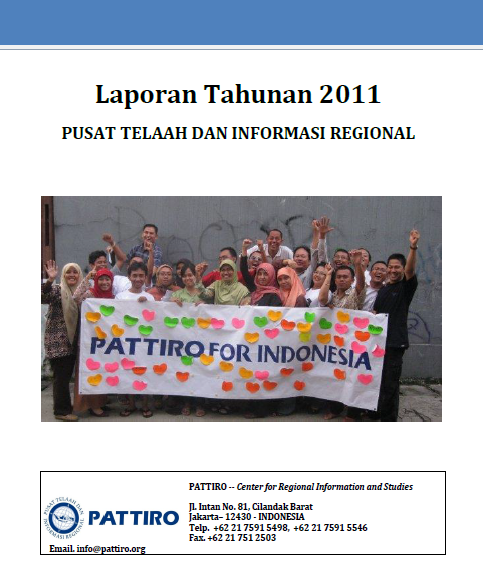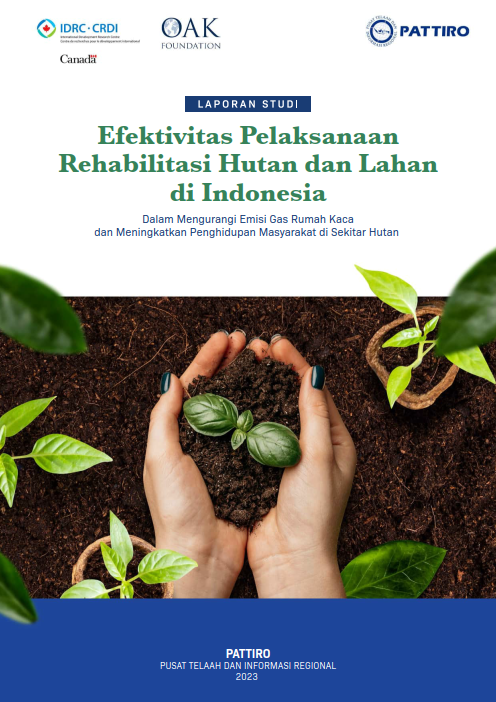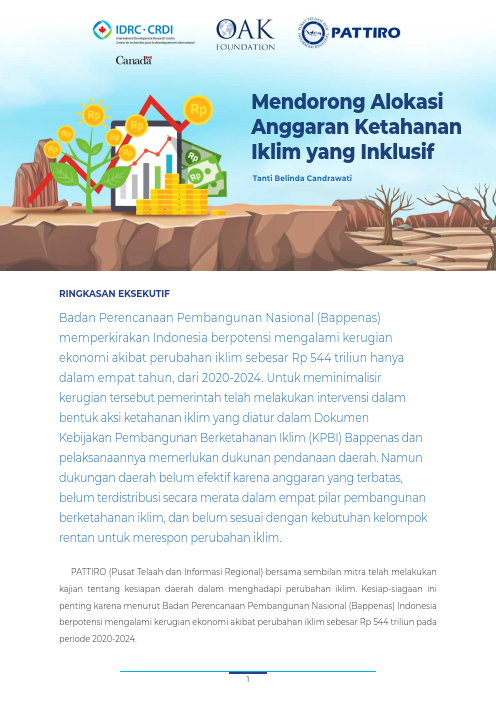 In this last ten years, after reformation in the late 1990’s, Indonesia experienced rapid changes in its life of state. Both government and its citizens were committed to uphold the values of Human Rights and implement the spirit of democracy and decentralizations to the governance. The government’s commitment to always honor the Human Rights values were started by amending the Constitution of 1945, creating the law that guaranteed and regulated human rights fulfilment, as well as ratifying a number of international agreement on human right such as Economy, Social, and Culture Rights as well as Civil and Political Rights into Law Number 11 Year 2005 and Law Number 12 Year 2005. The spirit of democracy could be seen from the great enthusiasm from the political parties in taking part in general election as well as from the government’s high spirit in enacting the law that guaranteed citizens right to participate in development planning.
In this last ten years, after reformation in the late 1990’s, Indonesia experienced rapid changes in its life of state. Both government and its citizens were committed to uphold the values of Human Rights and implement the spirit of democracy and decentralizations to the governance. The government’s commitment to always honor the Human Rights values were started by amending the Constitution of 1945, creating the law that guaranteed and regulated human rights fulfilment, as well as ratifying a number of international agreement on human right such as Economy, Social, and Culture Rights as well as Civil and Political Rights into Law Number 11 Year 2005 and Law Number 12 Year 2005. The spirit of democracy could be seen from the great enthusiasm from the political parties in taking part in general election as well as from the government’s high spirit in enacting the law that guaranteed citizens right to participate in development planning.
In addition to that, the implementation of local autonomy or decentralization policy became another important thing which attracted public attention. This was because the policy mandates the central government to decrease its control over the local government administration. The authority to create policy and development planning, provide public service, as well as manage the budget that previously had been the central government’s has now become the power of local governments. With this policy, the local government now could create their own development planning and local policies reflecting to the aspiration and the needs of its people and other local stakeholders. However, because of the implementation of this decentralization policy, the local government’s commitment to keep upholding the human rights values has become different with one another.
Democracy and decentralization were also growing rapidly along with the strengthening of press freedom and information technology development. PATTIRO admits that the mass media has a great power to expand an issue rapidly. Media also has a big influence in the success of advocacy. To that end, PATTIRO feels that partnership with the media both at national and subnational level needs to be established. This partnership could also multiply the advocacy impact as well as increase our image, existence, and credibility level.
Moreover, to strengthen the democracy spirit and government’s commitment regarding citizens’ rights fulfilment as well as to ensure the implementation of decentralization policy, PATTIRO considered that civil society’s capacity improvement as an essential thing.
In order to increase the capacity of civil society at local level, PATTIRO assisted the establishment and strengthening the civil society organization. PATTIRO also helped them improving their capacity so they could participate in decision and policy making in their region and take part in monitoring their government’s work. To realize such achievements, real actions in the field are needed, particularly to actualize the empowered and prosperous community.
To find out what other things PATTIRO has done throughout the year of 2011, particularly regarding the activities on strengthening civil society’s capacity, please read PATTIRO’s Annual Report Year 2011 (in Indonesian) by downloading the file provided below.




